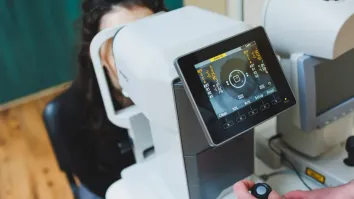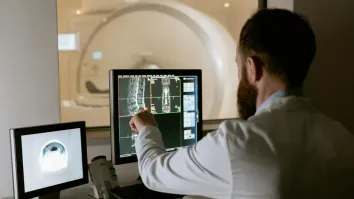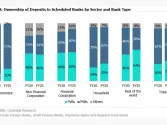
Anti-inflammatory therapeutics market to grow to $38.7b in 2028
This is attributed to the development of JAK inhibitors and the rising prevalence of inflammatory diseases.
The global market for anti-inflammatory therapeutics is projected to grow to $38.7b until 2028 at an estimated compound annual growth rate (CAGR) of over 6.3%.
A report by Technavio revealed that the market is experiencing notable growth due to the development of Janus kinase (JAK) pathway inhibitors amidst the rising prevalence of inflammatory diseases.
“By inhibiting this pathway, there is a decrease in the level of inflammation, leading to the treatment of various chronic inflammatory diseases like Inflammatory Bowel Disease (IBD) and Rheumatoid Arthritis (RA),” The report said.
Moreover, the market is expected to witness a trend towards the development of biosimilars and the utilisation of artificial intelligence (AI) in drug discovery to create more effective and targeted treatments.
Meanwhile, several factors such as high development and product costs, the need for long-term treatment plans, potential side effects, and competition as challenges that could impede the market’s growth.
Furthermore, government regulations impact raw material use and transport, with manufacturing facilities requiring specialised validation and compliance with strict quality guidelines.
“For instance, HUMIRA, an anti-inflammatory biological product, is synthesised using recombinant DNA technology and requires specific storage conditions,” The report added.
To address such challenges, Technavio stated that continuous innovation is required to provide effective and economical solutions, with the use of natural ingredients and personalised treatment plans gaining momentum within the global market.



















 Advertise
Advertise







